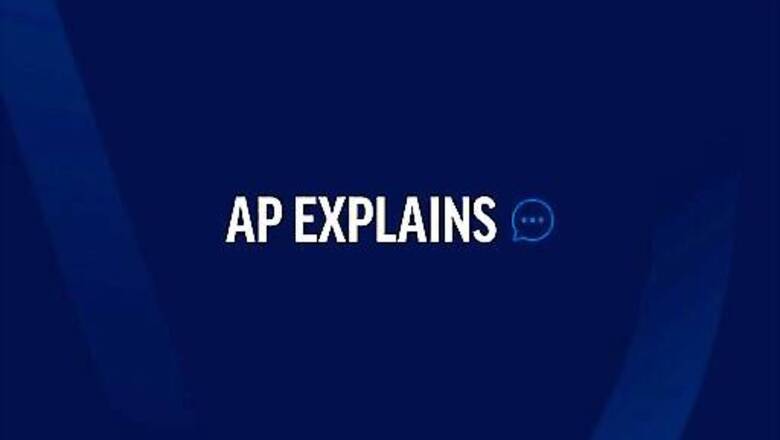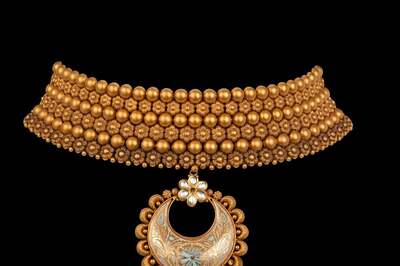
views
The tempestuous election of 2020 has been rife with predictions of confusion and cataclysm, with warnings that a contested battle could last well into December.
It has happened before. Take 1800, for example.
The two parties were in bitter opposition. The Federalists nominated John Adams for a second term; the Democratic-Republicans chose Thomas Jefferson. The voting, as retold by historian Jill Lepore in These Truths: A History of the United States, did not take place on a single day it was conducted from March to November.
Of a population of 5.23 million people, only 600,000 could vote. All but three of the 16 states restricted suffrage to property holders or taxpayers; only in Maryland could free-born Blacks vote, and only in New Jersey did women have suffrage. (Both loopholes would close in a few years.)
And only in Kentucky, Maryland, North Carolina, Rhode Island and Virginia could voters cast ballots for delegates to the Electoral College. Otherwise, the votes were for legislators who would cast their state’s votes. Nowhere did voters cast ballots for presidential candidates.
The candidates themselves did not campaign in those days, but the election was a raucous one. The Republicans attacked Adams as a would-be monarch, citing the Alien and Sedition Acts. And the Federalists accused Jefferson of being an atheist. The Federalist newspaper The Gazette of the United States, in a report that might sound familiar today, wrote that Americans would choose between GOD AND A RELIGIOUS PRESIDENT and JEFFERSON AND NO GOD!!!!
Adams lost the election. But it was not clear who won it, thanks to a quirk in the Constitution, which did not separate the elections of the president and the vice president. As a result, Jefferson and his running mate, Aaron Burr yes, the same Aaron Burr who would kill Alexander Hamilton in a duel four years later were tied with 73 votes apiece.
Because one of the Republican delegates failed to vote against Burr which would have made Jefferson the winner the race was thrown into the House, which was dominated by the Federalists. Hamilton worked to convince his fellow Federalists to support Jefferson (who was, he said, by far not so dangerous a man as Burr).
It took until February 1801, but the House selected Jefferson over his running mate.
That scenario would never recur. In 1804, the 12th Amendment split the election of the president and vice president.
Disclaimer: This post has been auto-published from an agency feed without any modifications to the text and has not been reviewed by an editor
Constituency-Wise Election Results LIVE: West Bengal | Tamil Nadu | Kerala | Assam | Puducherry
LIVE Blogs: West Bengal | Tamil Nadu | Kerala | Assam




















Comments
0 comment